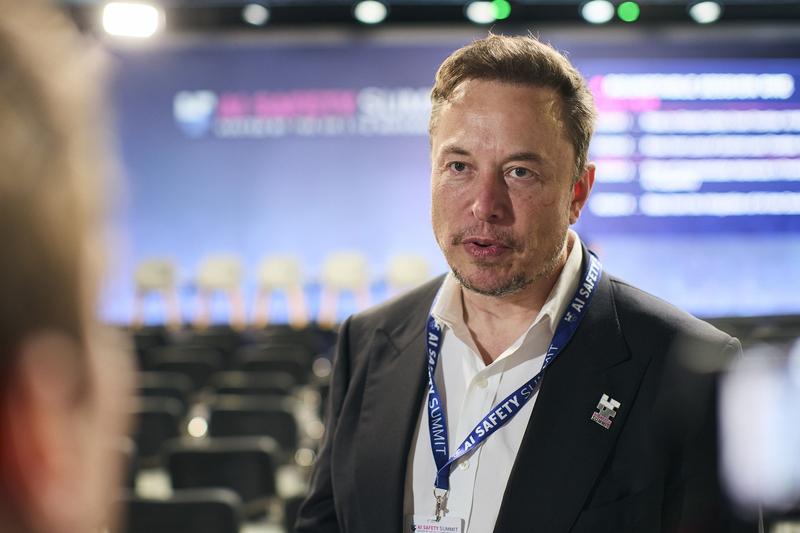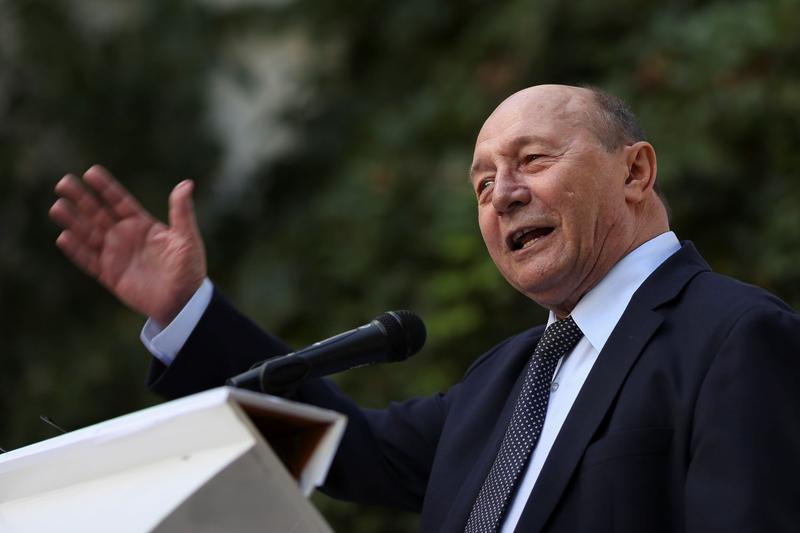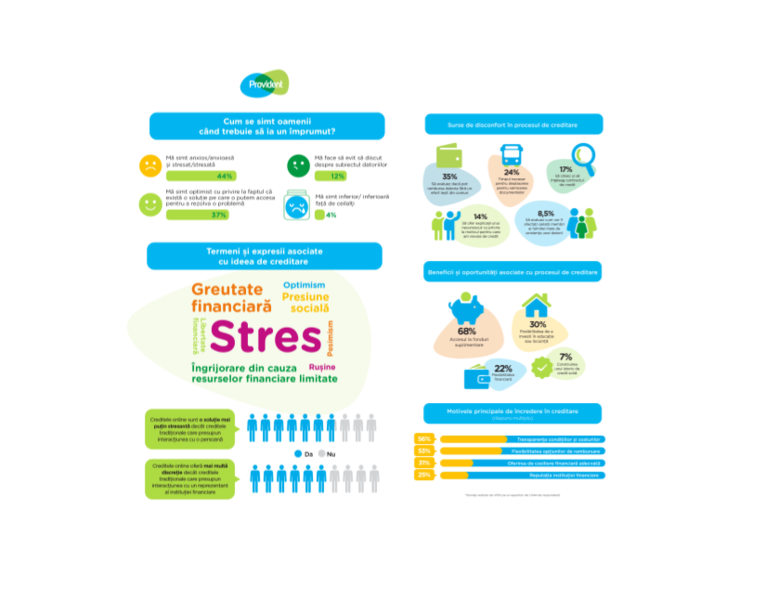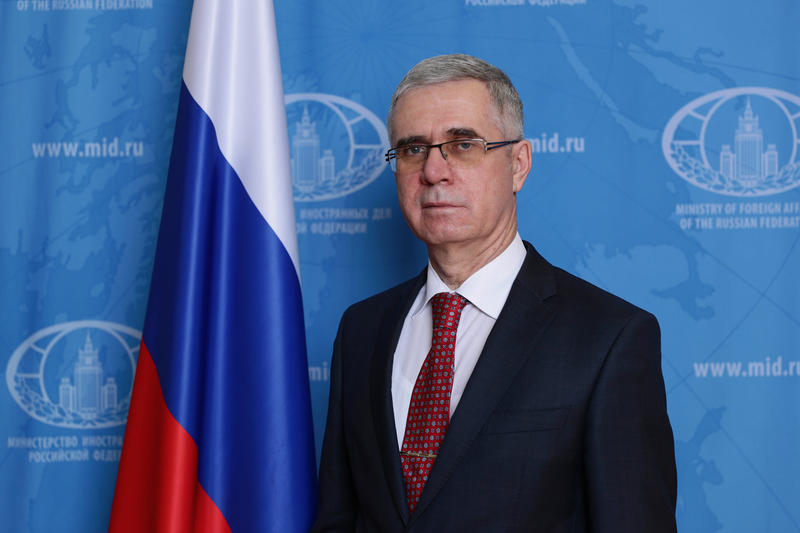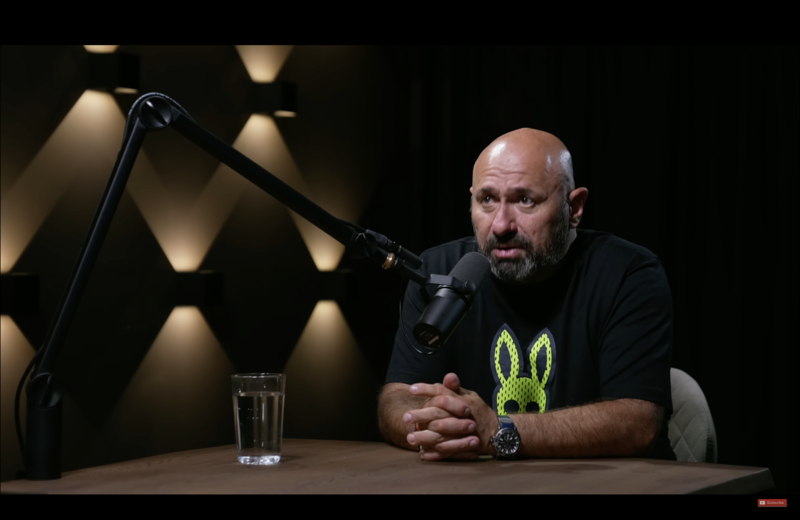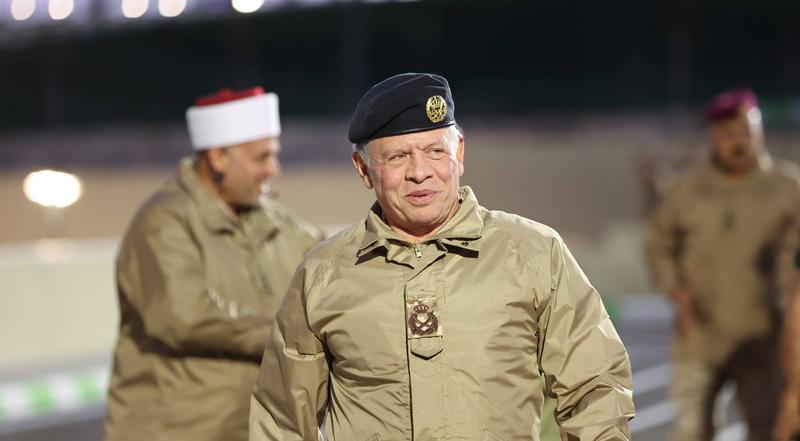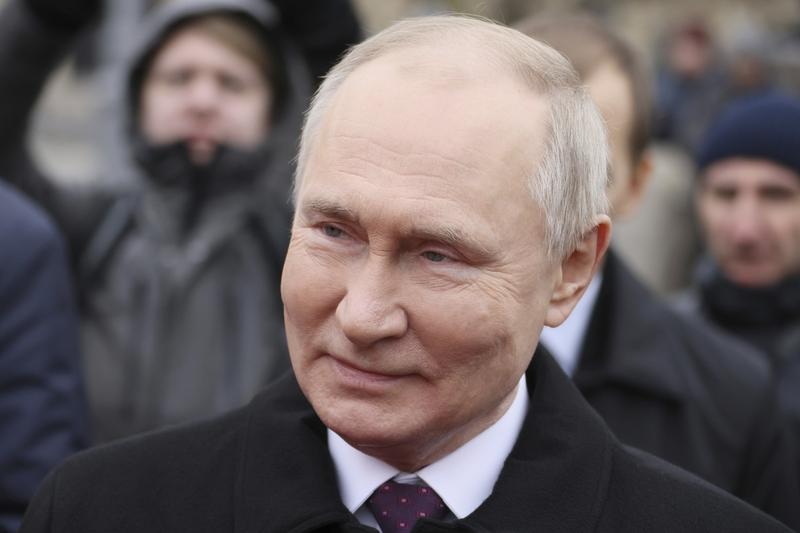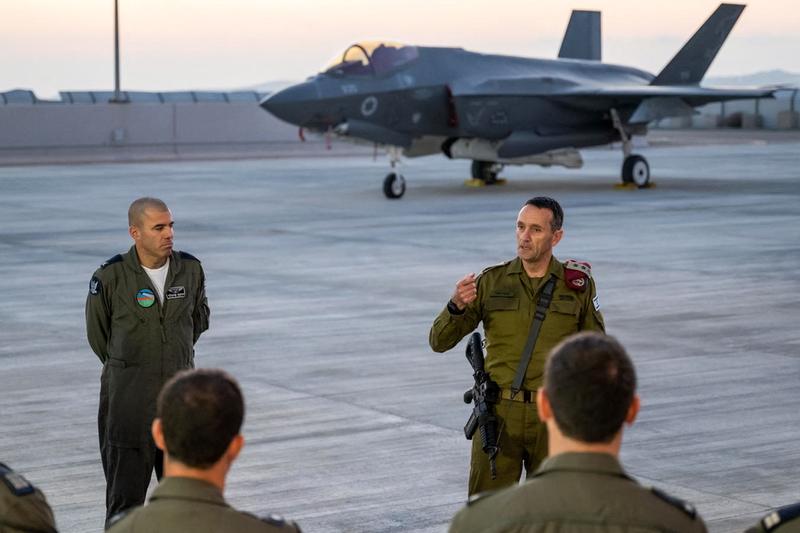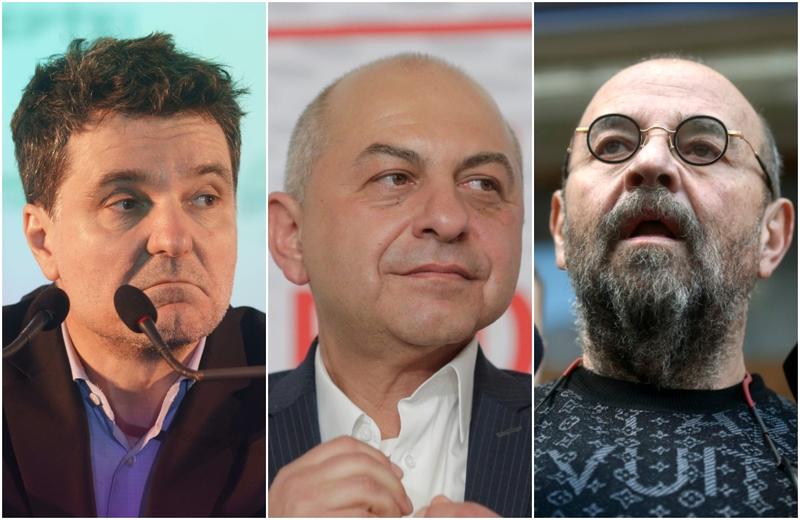Romania is facing yet another one of its all to frequent milestone moments in its recent history with the parliamentary elections taking place on December 9. It has to choose between returning to the path to a Western model or to push quickly on the path to the Hungarian, Turkmen or Uzbek model - considering US Secretary of State Clinton's recent statements. The options are simple: functional institutions, rule for everybody and improving politicians or almighty oligarchs replacing institutions hand in hand with corrupt politicians. Will Romanians look for political leaders accepted by the West or for nationalist braggarts? On the domestic front, Romania is no longer facing the eternal choice of "the least evil". The stake for 2012: limiting "the biggest evil".

The resentment-based, manipulated popular vote will most probably deliver the Turkmen- and Uzbek- influenced model, fashioned to suit the needs of local criminally investigated power dealers. It works anyway. But not for long. The beauty of democracy is that it allows its enemies to speak out and claim power even in the names of Western-style freedoms. Things get nasty afterwards.
So a first obligation would be to limit the spread of an abusive power. The quarantine operation will inevitably be assisted by the IMF and the European Commission, by means of cutting funds. It is already happens. That is a first phase. It will be followed by political isolation, through refusal to contact officials in Bucharest. If all these remain unanswered, the storm comes.
Possible sanctioning political measures: suspension of rights (right of vote in the European Council, labor rights, temporary visas etc.) It will increase domestic pressure. And it will be accompanied by intensified manipulation and channeling hate towards "enemies of the people" and "foreigners" (IMF, Brussels, Washington). Hard to say who would win, with a still more anti-Western, controlled media. Once that phase is reached, Romania is one step out of the EU.
A second obligation would be to defend institutions which are still providing a balance between state powers. That is - institutions of control, verification or regulation (the National Anti-Corruption Department, the Supreme Council of Magistrates, the Constitutional Court and so on).
A third obligation is to limit the possibilities to form a constitutional majority after November 9. Thus, the "challenges to constitutional processes" recently evoked by the US secretary of State will turn into abuse of absolute power. Westerners are already compare us with Viktor Orban's Hungary.
The December 9, 2012 vote is about all this. Plus, some major economic and geopolitical stakes, related mainly to energy and military interests.
Secretary Clinton's putting us in the company of ex-Soviet countries and Hungary as countries with democratic difficulties puts Romania, symbolically for now, outside of the EU, outside of the civilized world.
This is the meaning of the unprecedented statements made by Hillary Clinton at an OSCE meeting recently. Of course, Romania's foreign minister was quick to minimize the meaning and accuse journalists of ill intentions.
Let's say Americans wanted to encourage us. Then, one question remains for PM Victor Ponta and Foreign minister Titus Corlatean: five years since the EU accession and eight years since NATO accession, what is Romania doing in the company of Russia, Hungary, Belarus, Ukraine, Tajikistan, Uzbekistan and Kazakhstan, in the eyes of the US Secretary of State? Who is to blame for the shame of symbolical exclusion from the EU by the head of American diplomacy?

